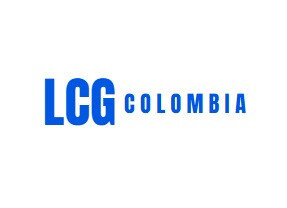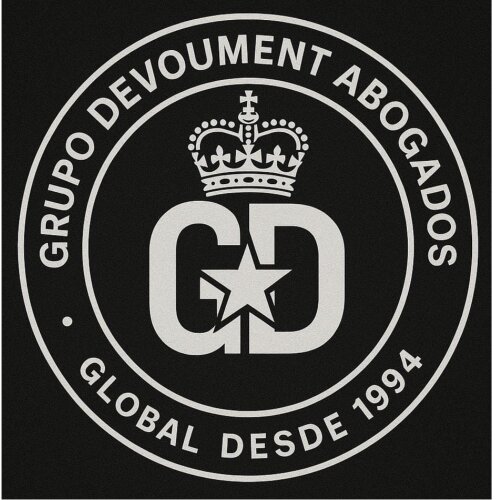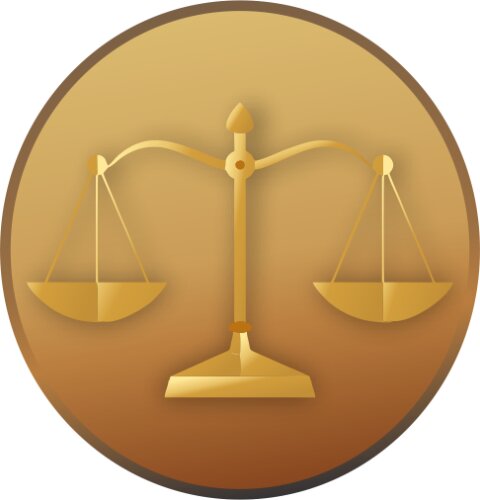Best Restructuring & Insolvency Lawyers in Colombia
Share your needs with us, get contacted by law firms.
Free. Takes 2 min.
Or refine your search by selecting a city:
List of the best lawyers in Colombia
About Restructuring & Insolvency Law in Colombia
Restructuring and insolvency law in Colombia provides a legal framework for companies and individuals facing financial difficulties. The Colombian system aims to help debtors reorganize their business operations, preserve jobs, protect creditors, and if necessary, wind down operations in an orderly manner. The key piece of legislation in this area is Law 1116 of 2006, which establishes formal processes for both corporate restructuring and insolvency (liquidation). Special regimes also exist for specific entities such as financial institutions. The Colombian approach balances the interests of debtors needing relief and creditors seeking repayment.
Why You May Need a Lawyer
Legal help is often necessary in restructuring and insolvency cases due to the complexity of the procedures and the high stakes involved. Typical situations where a lawyer is essential include:
- When your business is experiencing severe financial distress
- If creditors are threatening lawsuits or seizure of assets
- When negotiating with creditors on payment plans or debt reductions
- If you want to initiate a formal restructuring process with court involvement
- When constructing or reviewing a restructuring plan proposal
- If you need to defend your rights as a creditor in someone else’s insolvency proceeding
- When personal or family assets are at risk in a business failure
- To comply with all notifications, filings, and legal timelines set by Colombian law
- If fraud or criminal matters may be involved in the collapse of a company
- To ensure fair distribution of assets in a liquidation scenario
Local Laws Overview
Colombian restructuring and insolvency law centers around Law 1116 of 2006. The law distinguishes between two primary procedures:
- Restructuring Process (Reorganización): Designed to allow companies in financial trouble to negotiate a restructuring agreement with creditors, while benefiting from judicial protection against asset seizures. The aim is to keep the business operational and preserve employment.
- Liquidation Process (Liquidación Judicial): Applied when restructuring is not viable, leading to the orderly liquidation of the debtor's assets to pay creditors under court supervision.
Key aspects include:
- Both voluntary (debtor-initiated) and involuntary (creditor-initiated) filings are possible
- A court (Superintendence of Companies or a civil judge) oversees the process and ensures compliance
- Certain claims, like labor or secured credits, have priority in payments during liquidation
- Creditors must submit their claims within specified time frames
- Once the process starts, the debtor generally benefits from a stay on debt enforcement actions
- Special rules may apply for individuals (as opposed to corporations), especially for consumer insolvency
Frequently Asked Questions
What is the purpose of a restructuring process in Colombia?
The primary goal is to allow a financially distressed business to negotiate new terms with its creditors, continue operating, preserve jobs, and return to financial health while being protected from lawsuits or asset seizures during negotiations.
Who can apply for restructuring or insolvency protection?
Any individual or legal entity that is domiciled in Colombia and is unable to pay its debts as they come due, or whose liabilities exceed its assets, may apply. This includes companies, individuals (with some differences), and non-profits.
How long does the restructuring process typically take?
While it varies by case complexity, most restructuring procedures last between 6 and 18 months, including negotiation of the restructuring agreement and court approval.
Are all companies eligible for restructuring under Law 1116?
Most commercial companies are eligible, but entities like banks, insurance companies, and partially state-owned enterprises may have different regulations administered by other authorities.
What happens to ongoing contracts during the process?
Generally, contracts continue unless the court or the parties determine that ending them is in the best interest of the process. Essential service providers cannot stop providing services because of the insolvency filing.
Can a creditor force a company into insolvency?
Yes, under Colombian law, creditors can request the opening of an insolvency or restructuring process if the debtor meets certain criteria suggesting insolvency.
What debts receive priority if assets are liquidated?
Priority typically goes to expenses related to the process, secured debts, labor claims, alimony, tax debts, and then unsecured creditors, following strict legal order.
Does restructuring affect personal debts and guarantees?
If the process involves a business, personal debts (not related to the company) are not included. Personal guarantees provided by third parties may or may not be affected, depending on the court's findings and the restructuring agreement.
Are directors personally liable for company debts in insolvency?
Directors are generally not personally liable unless they have engaged in fraud, gross misconduct, or breached their duties. However, misuse of company assets or concealment of information may trigger personal claims.
What happens if the restructuring plan fails?
If the debtor does not comply with the approved restructuring plan, or creditors do not approve one, the process will often move to liquidation, where assets are sold to pay creditors according to legal priorities.
Additional Resources
If you need further information or guidance, consider these resources:
- Superintendencia de Sociedades: The main regulatory authority overseeing insolvency processes for companies in Colombia.
- Colombian Ministry of Commerce, Industry and Tourism: Provides general information and policy guidance.
- Chambers of Commerce: Local offices can guide you on starting a process and offer referrals to specialists.
- Colombian Bar Associations: Offer directories of specialized insolvency lawyers.
Guides and publications from these organizations provide up-to-date overviews of procedural rules and rights for both debtors and creditors.
Next Steps
If you believe you need assistance with a restructuring or insolvency matter in Colombia, take the following steps:
- Gather all relevant financial documents and contracts.
- Make a detailed list of creditors, debts, and assets.
- Consult with a certified lawyer who specializes in restructuring and insolvency law.
- Prepare to discuss your objectives, whether they are business continuity, asset protection, or debt relief.
- Act promptly, as delays can reduce your options and increase legal risks.
- Ask your lawyer about the costs, timelines, and practical consequences of the procedures.
- If you are a creditor, monitor any public notices about insolvency cases impacting your interests.
Remember, early legal advice can help you preserve assets, minimize liability, and improve your chances of a positive outcome, whether you are a debtor or a creditor in Colombia.
Lawzana helps you find the best lawyers and law firms in Colombia through a curated and pre-screened list of qualified legal professionals. Our platform offers rankings and detailed profiles of attorneys and law firms, allowing you to compare based on practice areas, including Restructuring & Insolvency, experience, and client feedback.
Each profile includes a description of the firm's areas of practice, client reviews, team members and partners, year of establishment, spoken languages, office locations, contact information, social media presence, and any published articles or resources. Most firms on our platform speak English and are experienced in both local and international legal matters.
Get a quote from top-rated law firms in Colombia — quickly, securely, and without unnecessary hassle.
Disclaimer:
The information provided on this page is for general informational purposes only and does not constitute legal advice. While we strive to ensure the accuracy and relevance of the content, legal information may change over time, and interpretations of the law can vary. You should always consult with a qualified legal professional for advice specific to your situation.
We disclaim all liability for actions taken or not taken based on the content of this page. If you believe any information is incorrect or outdated, please contact us, and we will review and update it where appropriate.
Browse restructuring & insolvency law firms by city in Colombia
Refine your search by selecting a city.

















